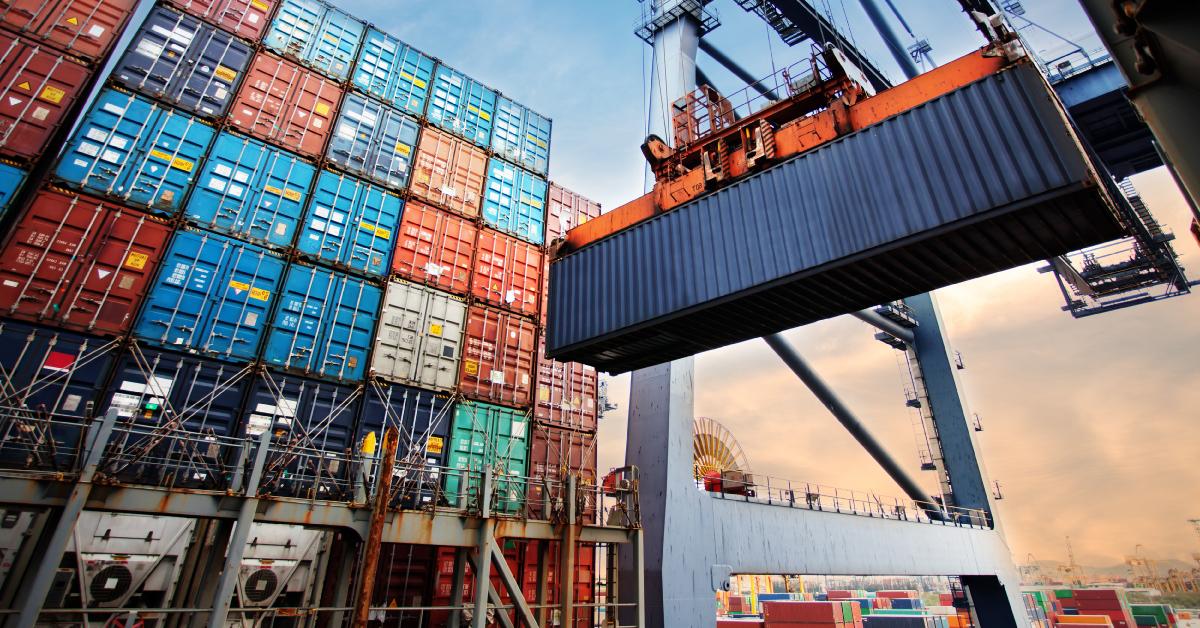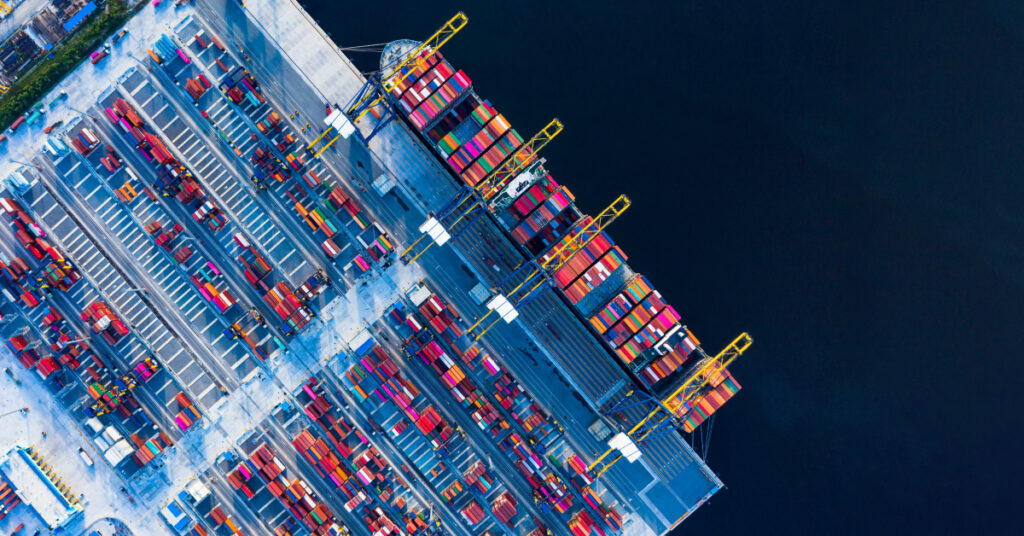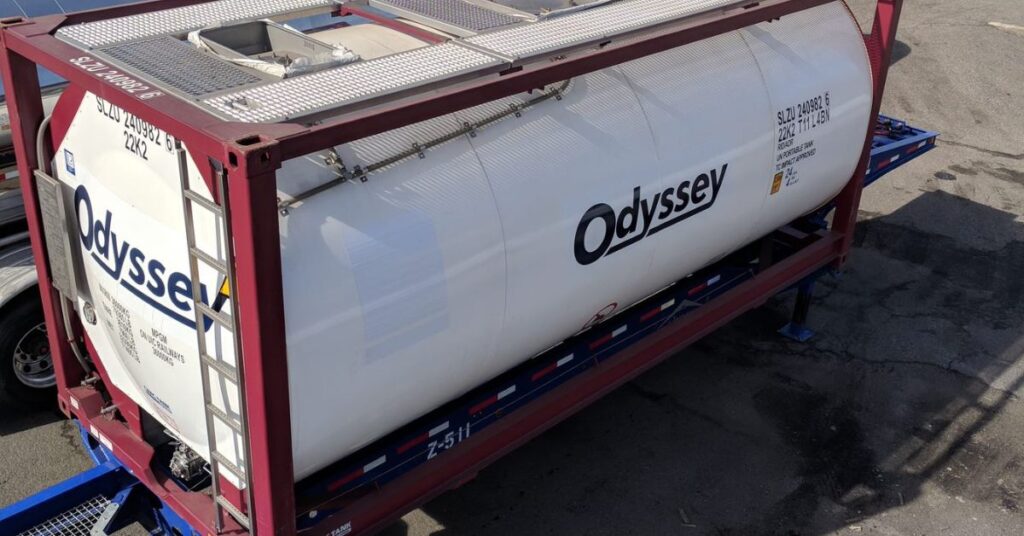It’s been just over a year since the West Coast dock worker contract negotiations kicked off and while some positive signs emerged in May, the talks took a different turn in June. The intermittent disruptions at a few key ports went on for several days, effectively pushing shippers and their logistics providers to rethink their plans.
The current contract between the International Longshore and Warehouse Union (ILWU) and the Pacific Maritime Association (PMA) expired on July 1, 2022, according to FreightWaves, and the two sides have been in negotiations with a tentative agreement pending ratification.
Amid the uncertainty, there are some steps that shippers can take to navigate any current or future disruption, and to ensure that their cargo gets from origin to destination on time. Here are five tips for identifying and addressing any issues that may arise:
- Work with a logistics partner that knows the terrain. Pick a company that has the know-how, service offerings and carrier relationships needed to identify and mitigate challenges as they arise. Your logistics partner should also offer technology and dashboards that you can use to monitor the situations and intervene as needed.
- Keep on top of the news. The latest spate of disruptions has been well documented in both national and industry publications. Online outlets like JOC, gCaptain (which pulls the latest news from various national publications, some of which are only available via subscription) and FreightWaves are covering the situation and reporting on the latest developments. Odyssey Logistics posts relevant updates on their website here.
- Consider your re-routing options. Ever since the West Coast port contract negotiations started in 2022, companies have been exploring alternate routes in order to avoid potential disruptions. And while the current issues may subside soon, having a “Plan B” is always smart. And because logistics re-routing isn’t as simple as it sounds, you may want to start considering alternate routes now (e.g., Louisville via Port of Savannah instead of the Port of Long Beach).
- Develop other contingency plans. Along with exploring other routes, you may also want to explore other modes of transportation (i.e., air freight shipping for timely shipments), negotiate extended payment terms with carriers and make plans to ship now versus later. This will help you avoid delays for any upcoming peak selling seasons and ensure that your company and its customers receive orders on the expected timelines.
- Maintain close connections with your customers, suppliers and logistics partners. Sharing regular updates and keeping a finger on the pulse of what’s happening will keep everyone on the same page and aware of any potential delays that may be brewing. In many cases, simply having these open lines of communications can help reduce any disruptions in your supply chain. When they know what’s coming, suppliers and logistics providers can pivot quickly to minimize any delays or losses.
Odyssey’s International Forwarding experts offer the best in Customs Brokerage, International Freight Forwarding, NVOCC, and IAC services. Our team of experts bring over 70+ years of experience to the industry and help our clients proactively identify and avoid possible issues, we rise to the challenge to solve even the most complex problems. Connect with one of our experts today.








